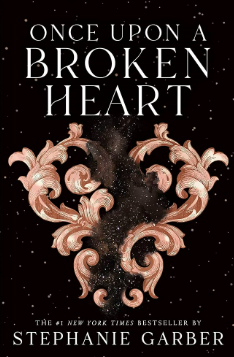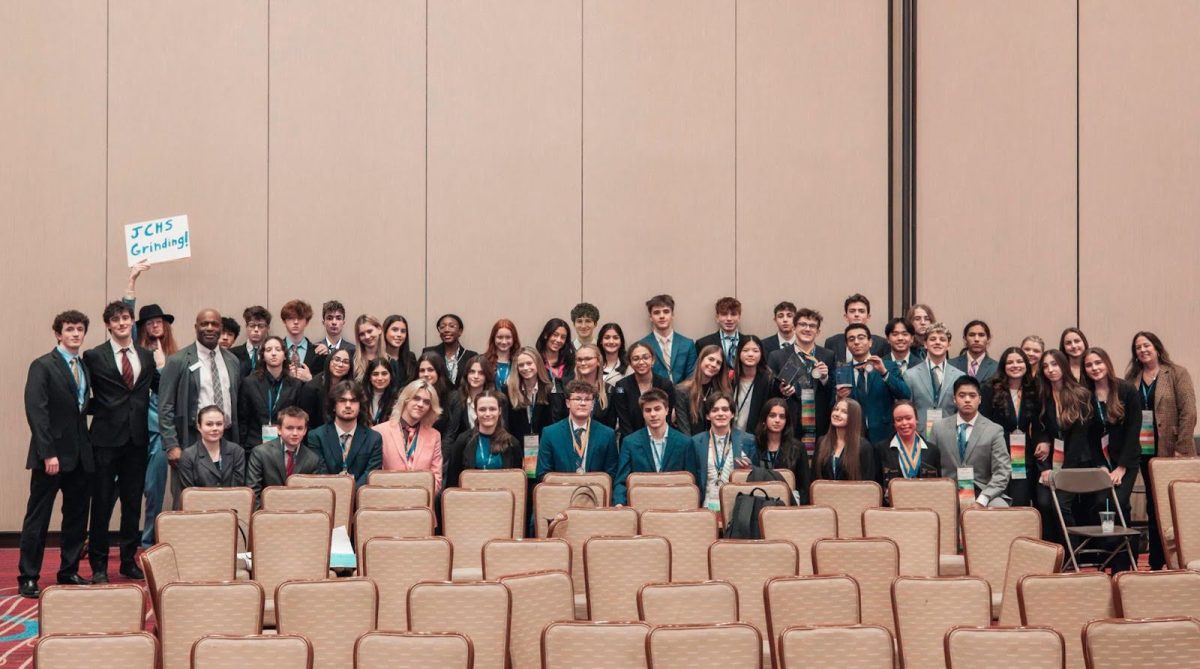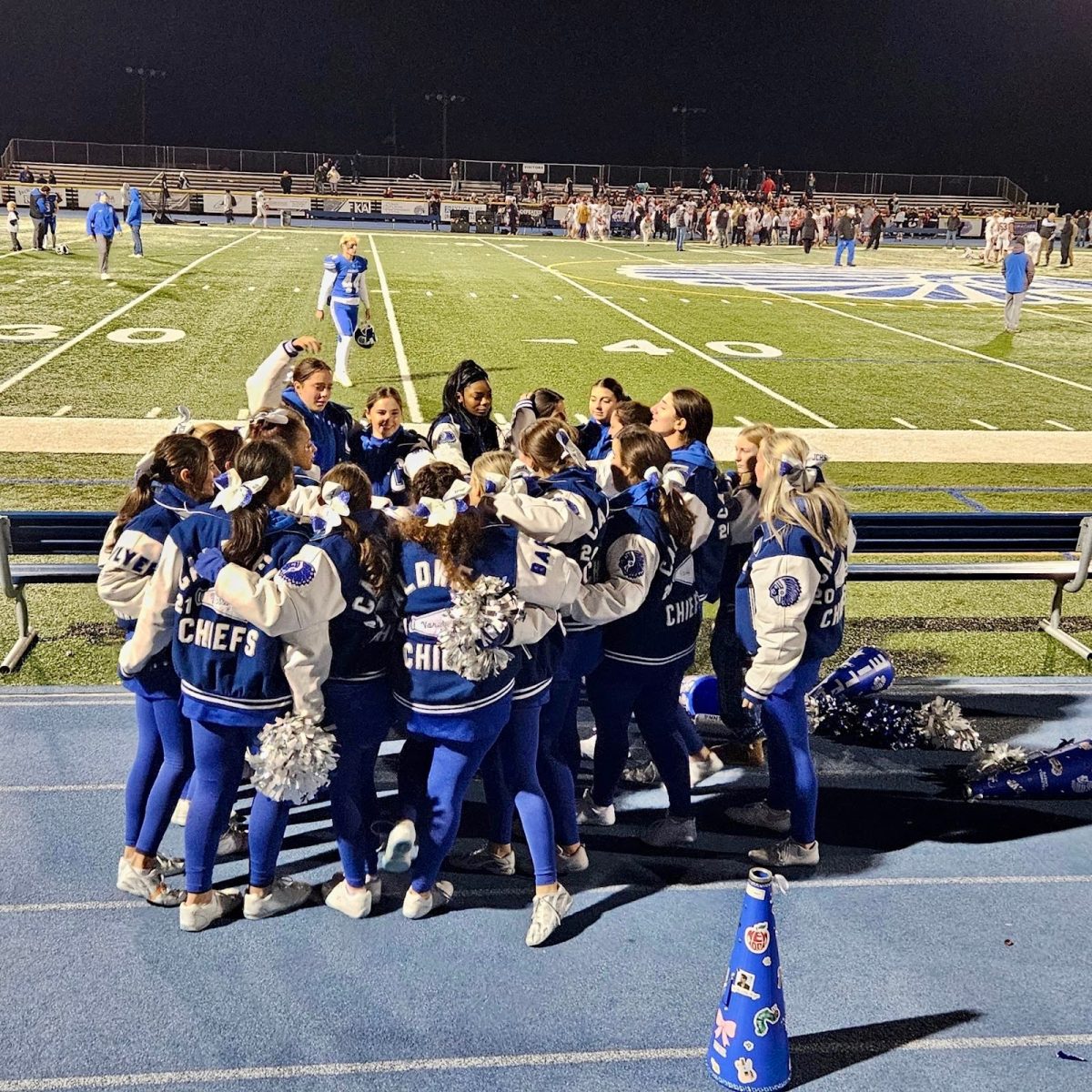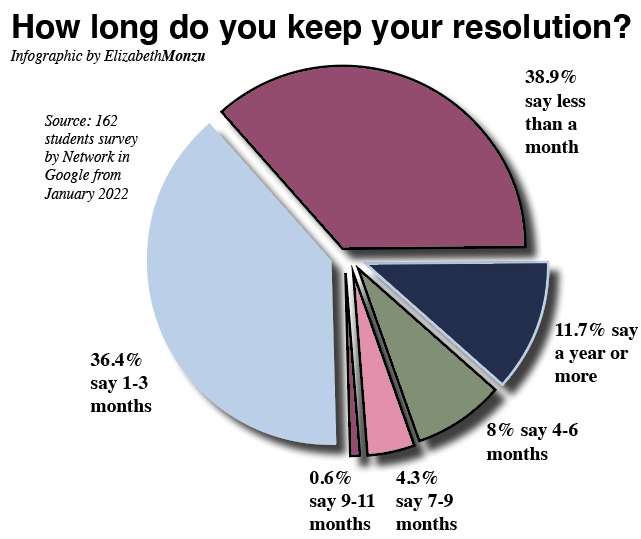An article was recently published in the school newspaper, calling for a universal ban on the Pledge of Allegiance. Although I firmly believe that everyone is entitled to their opinion, I also believe that this opinion is outrageous. The Pledge of Allegiance should not be banned, and the mere thought of restricting people from saying it is upsetting, revolting, and borderline illegal, if not completely.
There is a lot to unpack about the previously written article, so we will start with the claim of the pledge being unethical. Under what circumstance is the pledge unethical? The pledge of allegiance, as detailed in the previous article, has the phrases “one nation” “indivisible” and “liberty and justice for all.” Liberty and justice for all doesn’t seem that unethical to me. In fact, it seems quite opposite.
It was claimed that the Pledge of Allegiance will throw Americans into a state of chauvinism over time. The Pledge of Allegiance does not instill chauvinism in its listeners. To those who don’t know what chauvinism is, the definition is “an irrational belief in the superiority or dominance of one’s own group or people.” I do the pledge of allegiance on a daily basis, and I have never, ever submitted myself to the United States as a “blind patriot,” as the author falsely states that I do, being that I do the pledge. The suggestion that those who stand for the pledge of allegiance will become chauvinistic is frankly offensive to me. Nazis in 1930s Germany were chauvinistic. Radical middle eastern terrorists are chauvinistic. High schoolers that briefly thank their country for their rights and privileges do not fall into this category whatsoever, and this comparison is absolutely disgusting.
There is no evidence that anyone has become an aggressive patriot due to the pledge of
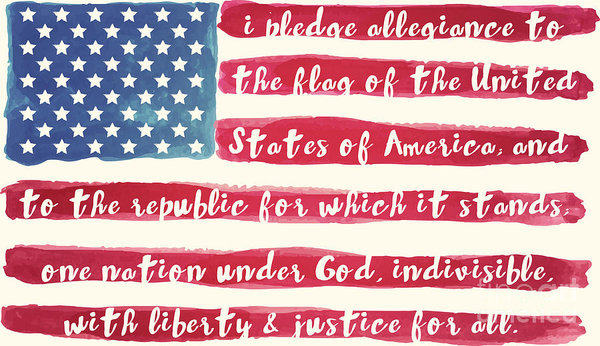
allegiance. Even if this does happen, hypothetically, is it reasonable to ban the pledge of allegiance because of it? Let’s put it in perspective. The movie “Taxi Driver” inspired a man to stalk Jodie Foster, the actress in it, around Yale University. Is the movie banned countrywide due to the action of a small majority? No, not at all. Would an issue arise if it was? Most likely yes. Censorship like that would combat the values of independent thought flowing through America for centuries. It would be outrageous to ban “Taxi Driver” due to someone interpreting it the wrong way, so it would be proportionally more outrageous if we took this approach with the pledge. Although “Taxi Driver” is a fantastic and beloved movie, the pledge of allegiance is no doubt more beloved.
The pledge of allegiance was first made in an effort to nationalize immigrants to the United States. If you invite others into your home, they follow your rules. This is an almost universal ideology, and this is why the pledge was created. There was no syndicated conspiracy to break down immigrants and force them into debt to America, as the author leads the reader to believe. The pledge of allegiance was never created to denationalize immigrants, but rather to nationalize Americans, which the immigrants were. If the immigrants become Americans, why is it immoral to make them pledge to America? The author of the pledge, Edward Bellamy, stated to his wife that “If I can instill into the minds of our American youth a love for their country and the principles on which it was founded, and create in them an ambition to carry on with the ideals which the early founders wrote into The Constitution, I shall not have lived in vain.” The author specifically creates the pledge to promote the advanced values and positive qualities of the United States, not to rip immigrants from their previous countries.
Immorality surrounds our history, just as it does with every other country. The key word in that statement, however, is history. Let’s look at the United States today. We drive Fords. We attend Rutgers. We wear Nike. We eat meat. Our president lives in the White House.
Henry Ford was a Nazi sympathizer. Rutgers was built by slaves. Nike products are made in a sweatshop of underpaid minors. Meat is made from killed animals. The White House was built by slaves.
Are we going to universally ban all Ford products? What about Nike? Will we ban meat from everyone in the country? Will we destroy Rutgers and the White House?
The author of the previous article discusses how, “If the choice to not pledge isolates the student, then it is hardly a choice at all.” The definition of choice is “the act of choosing.” So if a student is legally entitled, as cemented by the supreme court, to not do the pledge, then they do have a choice. This isn’t even debatable. For the author to say that if someone is uncomfortable they don’t have a choice is a gross manipulation of their readers. Choices have consequence. That’s part of the word choice. If I choose playing baseball over lacrosse, I have to deal with my consequence. If the student was suspended or punished for refusing to pledge, that is completely wrong, and illegal. However, this is not the case. If a student feels isolated, that is a small price to pay, considering the fact

that in another country, they could be killed for refusing to pledge. The author wants to completely eradicate the pledge of allegiance, countrywide, so they can resist it, without consequence. To simplify, someone wants to take something away from the whole country so they don’t have to face the consequences of their SELF CHOSEN, UNINFLUENCED ACTIONS. This is outrageous. I refuse to give up my first amendment right to say the pledge of allegiance so someone can evade consequences for their actions, as would the majority of the country. I have no quarrels with someone who refuses to engage in the pledge of allegiance, as it is their right to do so. However, as soon as they try to take my rights to do the pledge away, just so it makes them personally feel better about their decision, I am no longer receptive to their argument.
Reference:
Margarette S. Miller (1946).
I Pledge Allegiance. Christopher Publishing House, Youth’s companion.












